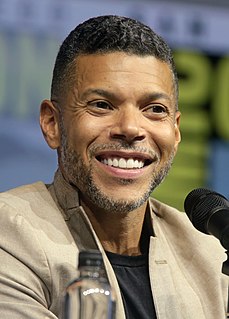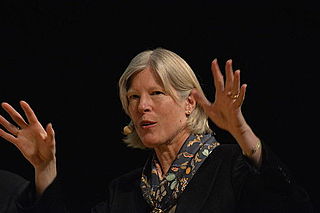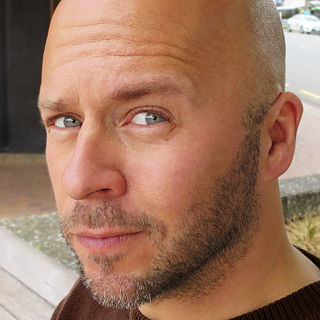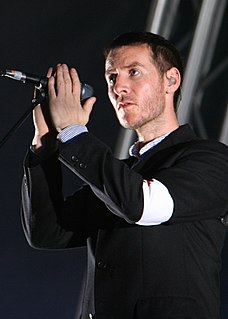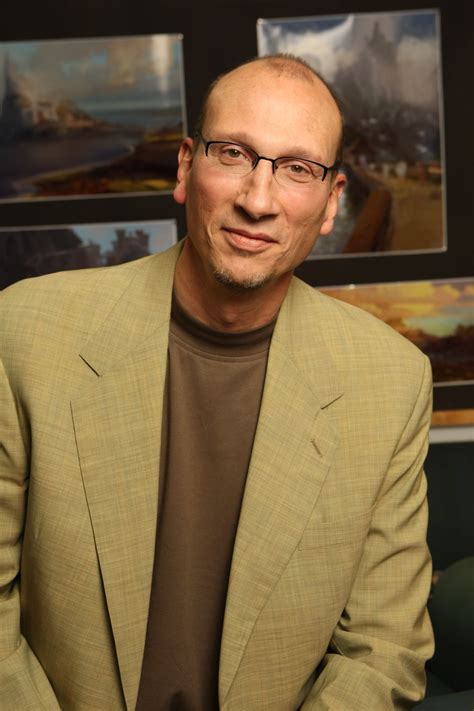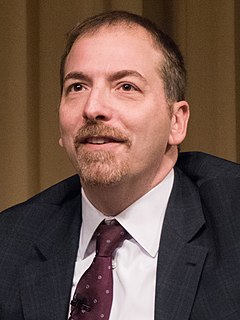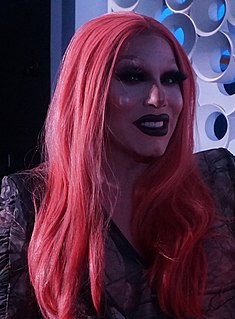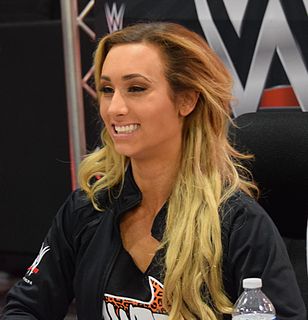A Quote by Margaret Cho
In the early '90s, there was such a limited idea of what you could see on TV.
Related Quotes
One must remember that in the '70s, Democrats still grasping for Camelot were desperately pinning their hopes on Teddy while Republicans were doing everything they could politically to turn him into a punch line post-Chappaquiddick. And the idea of Ted Kennedy - rather than the actual man - dominated his political legacy through the early '90s.
When I first got into wrestling as a kid, I would read all of the wrestling magazines I could get my hands on. There was a satisfaction discovering that there was a whole wrestling world that existed that you didn't see on TV on Saturday morning. There was this idea that there was this stuff going on there that they didn't want us to see.


